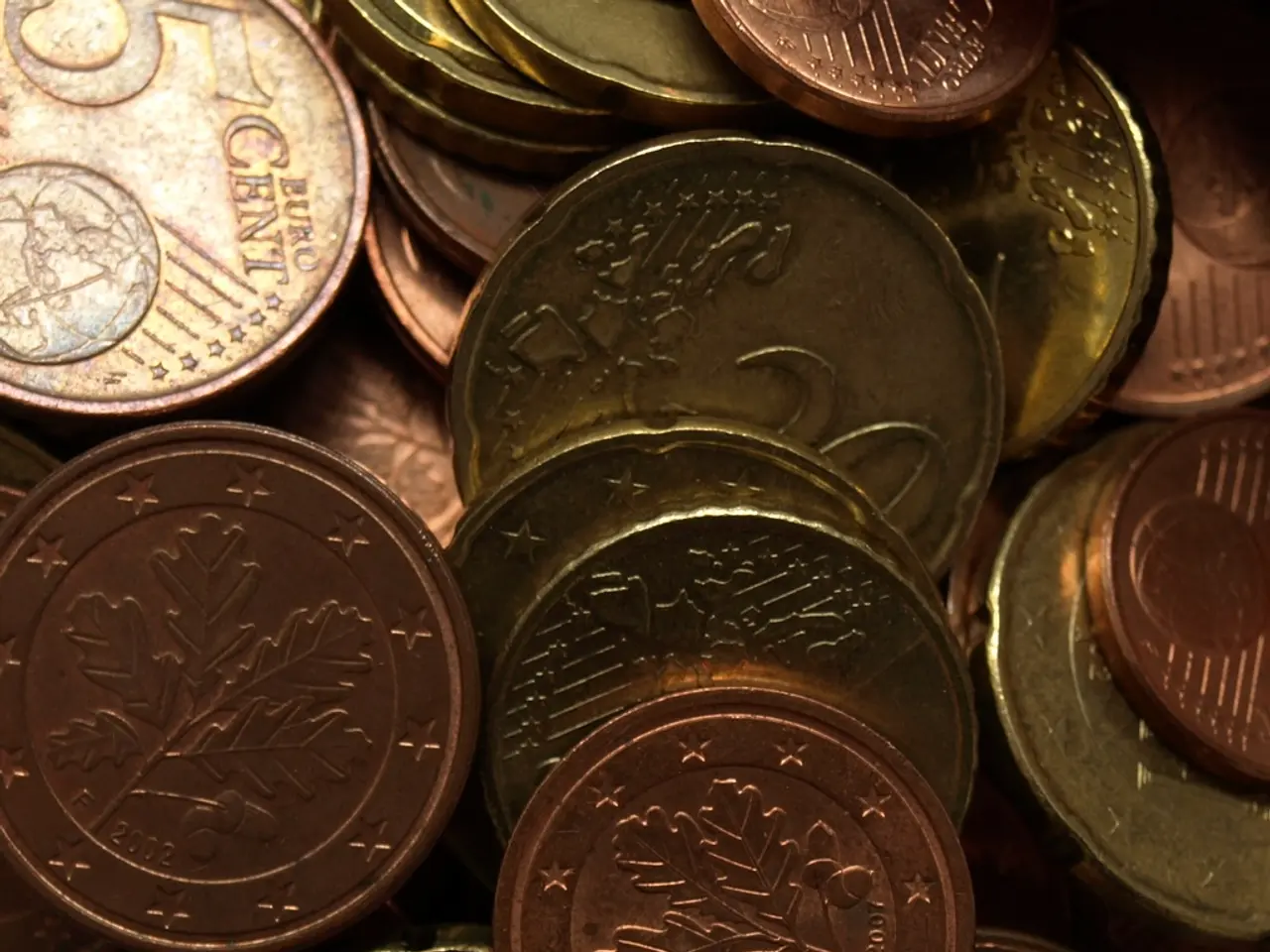Netherlands to Initiate Electricity Distribution, Caution Issued by Germany
Europe is embarking on a significant mission to expand and modernize its power grid infrastructure, responding to increased electrification and soaring power demand. However, this undertaking is not without challenges, as evident in the Netherlands and Germany.
**Current Efforts**
The European Union (EU) is focusing on optimizing grid infrastructure to support its energy transition. This includes fast-tracking renewable energy integration and implementing innovative storage solutions to manage the increasing load and intermittency of renewables. The European Commission is encouraging the designation of areas for grid and storage infrastructure, which may exempt projects from certain environmental assessments to expedite development.
The Netherlands and Germany, being part of the broader EU efforts, are likely to align their initiatives with the EU's strategy to support electrification and renewable energy integration. Germany, in particular, has been a leader in renewable energy adoption and may be focusing on integrating these sources more efficiently into its grid.
**Challenges**
A significant €250 billion shortfall in planned European power grid investments from 2025 to 2029 has been identified, despite a tripling of capital expenditures to €345 billion. This funding gap poses a major challenge for transmission system operators, who face financial strain and may need to rely on debt, asset sales, or reduced shareholder payouts to bridge the gap.
The rapid expansion of electrification and renewable energy sources increases the load on existing infrastructure, exacerbating the need for grid upgrades. The intermittency of renewables and the aging of infrastructure further complicate grid operations.
Recent heatwaves have highlighted vulnerabilities in the grid, particularly impacting thermal and nuclear power plants. This underscores the need for grid resilience and flexibility, such as through storage solutions.
Encouraging flexibility in grid management through tariffs and regulatory reforms is crucial to optimize existing infrastructure and reduce energy system costs. The European Commission's efforts to streamline environmental assessments for grid projects are designed to expedite infrastructure development.
**The Netherlands' Struggles**
The Dutch government estimates that around 200 billion euros will be needed by 2040 for grid expansion in the Netherlands. Thousands of companies, public institutions, and households are waiting for power connections, with more than 11,900 companies and numerous public buildings on the waiting list.
The cessation of gas production in the Groningen field in 2023 has led to an accelerated electrification of businesses and households in the Netherlands. However, this has also strained the power grid, leading to power shortages that are delaying investments and hindering economic growth. The Dutch government is encouraging energy conservation, particularly during the hours of 16 to 21 pm, and grid operators are offering special contracts for cheaper electricity rates during off-peak hours.
The situation in the Netherlands is seen as a warning sign for Germany and other EU countries, highlighting the importance of addressing the challenges in power grid modernization.
In conclusion, while Europe is making strides in power grid modernization, significant challenges remain, including funding constraints, the integration of renewables, and adapting to climate-related stressors. It is crucial for policymakers and grid operators to address these challenges to ensure a smooth and sustainable energy transition.
- The European Commission is encouraging the use of innovative science and technology, such as storage solutions, to manage the increasing load and intermittency of renewables as part of optimizing grid infrastructure.
- The environmental-science community is closely monitoring the expansion and modernization of Europe's power grid infrastructure, given its potential impact on climate-change mitigation efforts.
- The general-news media has been discussing the role of finance and industry in bridging the identified €250 billion funding gap for European power grid investments, necessary to ensure the smooth transition to renewable energy sources.
- Politicians across the EU are debating tariff and regulatory reforms that could encourage flexibility in grid management, thereby reducing energy system costs and enhancing grid resilience.
- The Netherlands, faced with power shortages due to the increased electrification of businesses and households, is implementing strategies like energy conservation during peak hours and offering special contracts for cheaper electricity rates during off-peak hours, offering valuable insights for other countries in their attempts to modernize their power grids.




